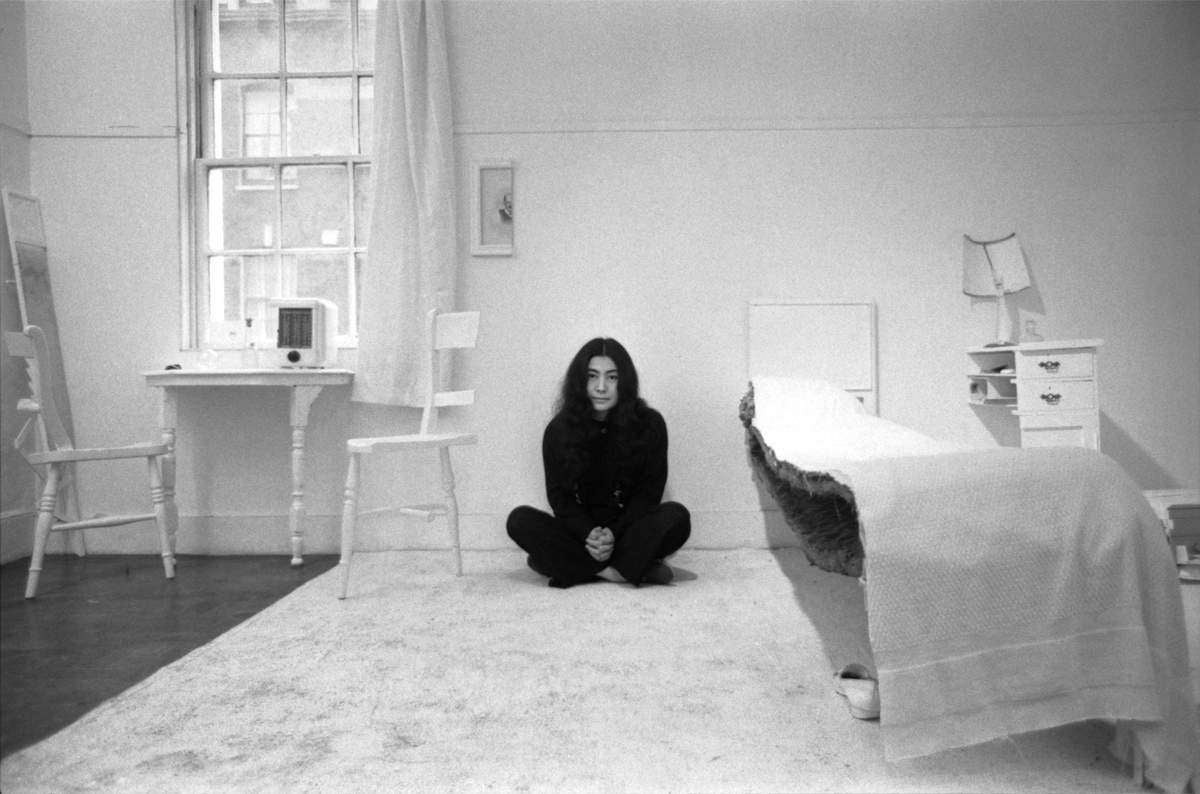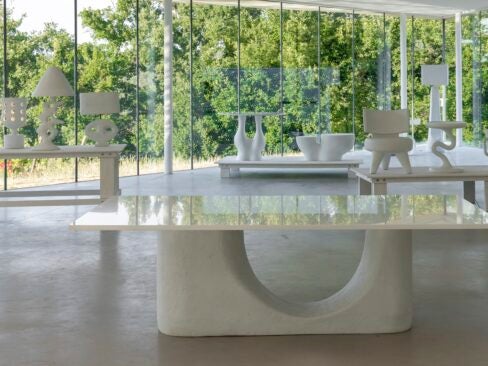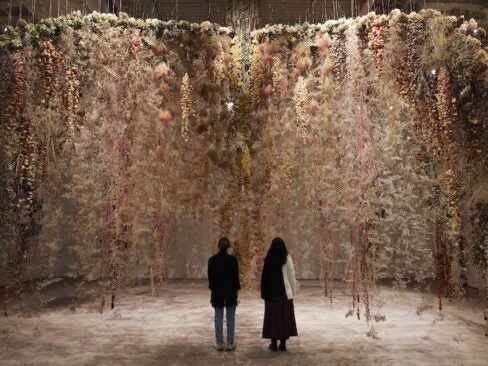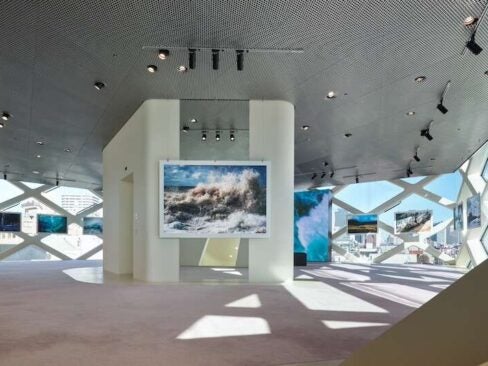Yoko Ono is a lot of things: peace activist, musician, filmmaker… the list goes on. For much of her life, however, her work has been overshadowed by her marriage to John Lennon. Now, the Tate Modern is putting the spotlight firmly back on Ono – who turned 91 on Sunday – with the opening of the UK’s largest-ever exhibition dedicated solely to her groundbreaking career.
The show, Yoko Ono: Music of the Mind, is running through September 1, 2024, at the world-renowned Tate Modern gallery on the banks of the River Thames in London. Over 200 works are on display covering everything from scores and installations to music, photography and films.
Spanning over seven decades, the exhibition delves into Ono’s multi-disciplinary career, kicking off in the mid-1950s with an exploration of her role in experimental avant-garde circles in Tokyo and New York. This includes previously unseen photographs showing Ono’s first ‘instruction paintings’ – pieces that include written instructions to encourage viewers to actively participate in the works – at her loft in downtown Manhattan.
[See also: What to Keep an Eye Out for at the 2024 Collect Art Fair]
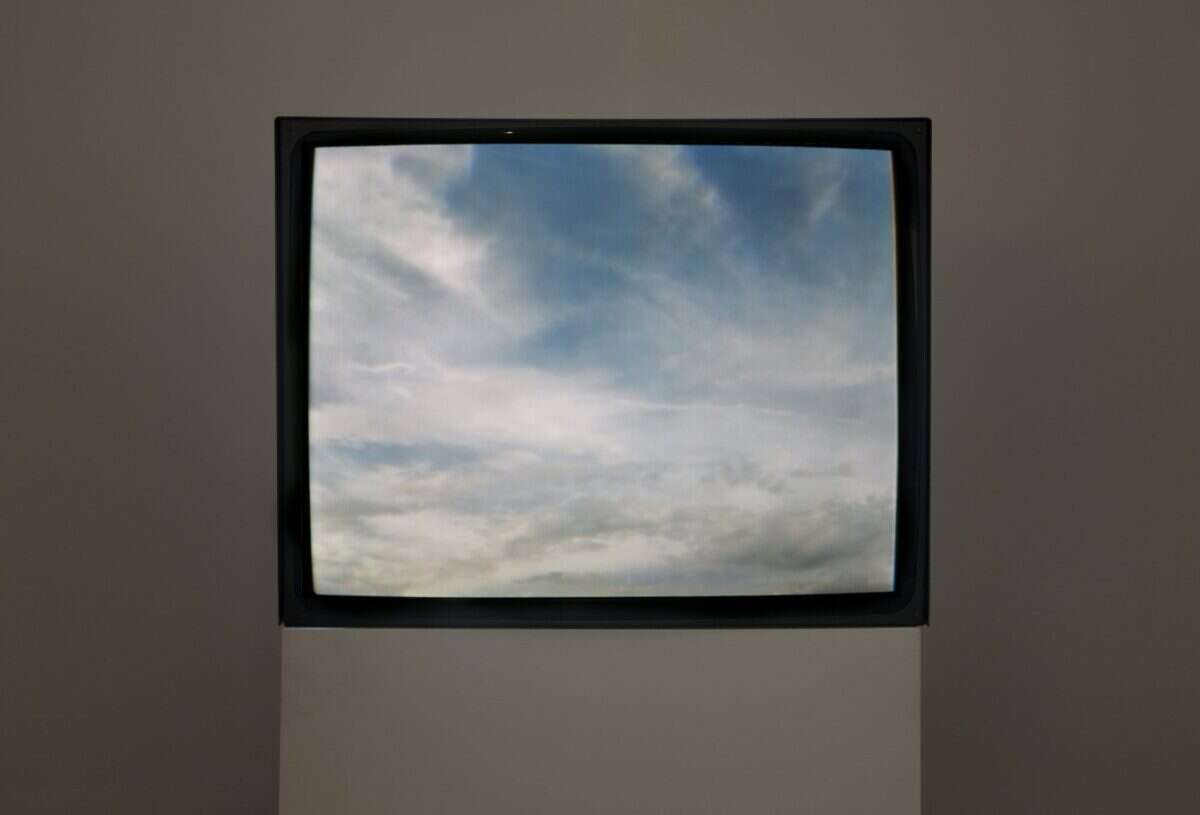
Also on display in the UK for the first time is the typescript of Ono’s self-published conceptual artbook, Grapefruit, which compiled all of her instruction pieces written between 1953 and 1964. There are several opportunities to interact with the show; Bag Piece, for example, invites visitors to crawl inside a large cloth bag, while Shadow Piece encourages guests to trace their shadows on a wall.
Next, visitors are given a deep dive into Ono’s radical works created during her five-year stay in London from 1966. This was also the time she met her future husband and longtime collaborator, John Lennon, and became embedded in a countercultural network of artists and musicians. Ono’s controversial Film No. 4 (Bottoms) – which was banned by British film censors for indecency – is being shown, alongside her installation of halved domestic objects, Half-A-Room.
In keeping with the participatory aspect of the show, visitors are invited to take part in White Chess Set – a game that features an all-white board and all-white pieces on both sides, with the instruction to ‘play as long as you remember where all your pieces are.’ This is another of Ono’s anti-war works; a strategic competition is transformed into a collaborative experiment.
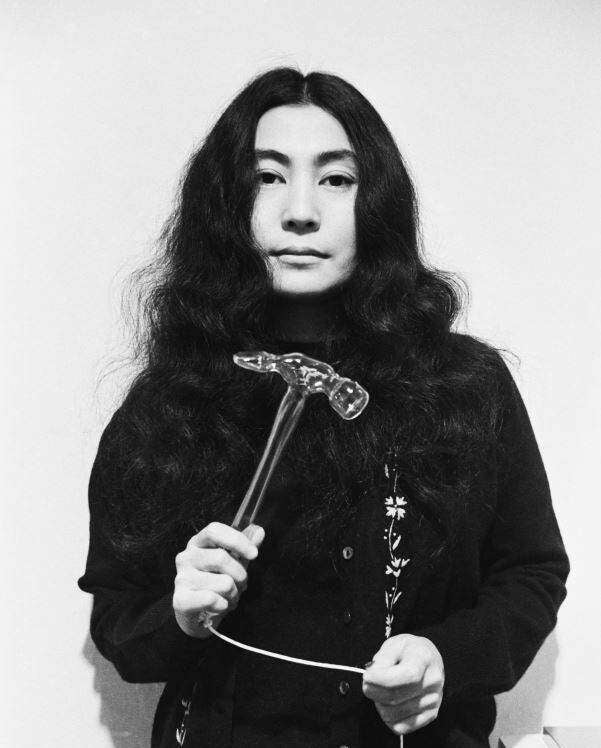
Other recurring themes from Ono’s work are also explored, including her advocation for peace and humanitarian campaigns. Images of her legendary ‘WAR IS OVER!’ (if you want it) billboard campaign from 1969 are on display, as is the film BED PEACE which documents her infamous ‘bed-in’ events with John Lennon that the couple staged in Amsterdam and New York as a plea for world peace amidst the Vietnam War.
More recent pieces will also be on display; the Tate Modern has staged Ono’s Add Colour (Refugee Boat) installation. First activated in 2016, it invites visitors to add paint to the white gallery walls and a white boat in response to the migration crisis.
Alongside the exhibition, there will be a series of tours, talks and events including Tate Modern Late: Yoko Ono – an after-hours event featuring DJ sets and artist-led workshops.
Yoko Ono: Music of the Mind is running through 1 September 2024 at the Tate Modern, Bankside, London. Tickets available: tate.org.uk
[See also: NYC’s Hall des Lumieres Brings Back Immersive Space Exhibition]





